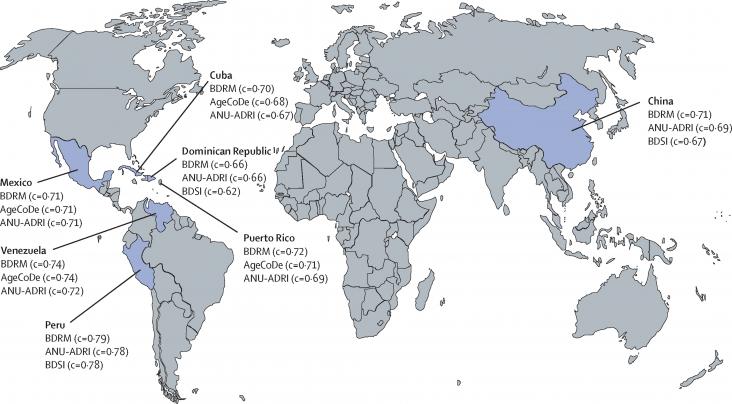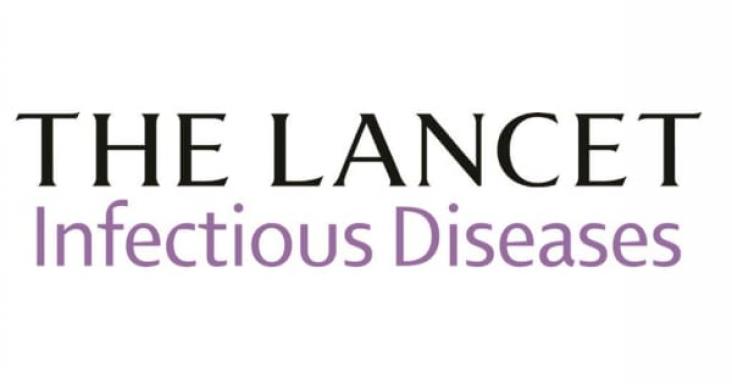
An article in support of SDG 3, assessing whether and to what extent existing dementia prevention models developed in high-income countries can be extrapolated to low-income and middle-income countries, where dementia risk prediction research is almost non-existent.

The SDG Impact of COVID-19 podcast series gathers expert opinion exploring the impact of COVID-19 on the Sustainable Development Goals. In this segment, we get the view of Dr Claire Melamed, CEO of the Global Partnership for Sustainable Development Data.
Introduction: Clitoral reconstruction (CR) is a controversial surgical procedure performed for women who have undergone medically unnecessary, often ritualistic genital cutting involving the clitoris.
Linked to SDGs 3 and 5, this chapter examines domestic homicides of older women through the lens of ageism.

The SDG Impact of COVID-19 podcast series gathers expert opinion exploring the impact of COVID-19 on the Sustainable Development Goals. In this segment, we get the view of John McConnell, the founding editor of The Lancet Infectious Diseases.
This chapter supports SDGs 3, 5 and 16 by examining domestic homicides in rural communities, providing insights into their prevalence, risk factors, case studies, and prevention.
This chapter supports SDGs 3, 5 and 16 by analyzing violence and homicide in a workplace setting, reviewing impact and case studies, and offering recommendations and potential approaches to prevention.
This paper takes into account legal aspects such as GDPR and it extends the Healthcare Industry architecture reference model, with a set of tools dealing with consent management and data hiding tools
This book chapter advances SDG 3 and 10 by describing and discussing (1) the existing evidence examining associations between mental health and technology use including depression, anxiety, body dissatisfaction, attention-deficit disorders (and risks of distraction), and addictive behaviors and (2) the impacts of risky online communities on adolescents’ mental health, focusing on networks promoting proeating disorder behaviors and prosuicidality.
Aims: To determine the pooled effectiveness of multidiscipinary care teams (MCTs) in reducing major amputation rates in adults with diabetes.
